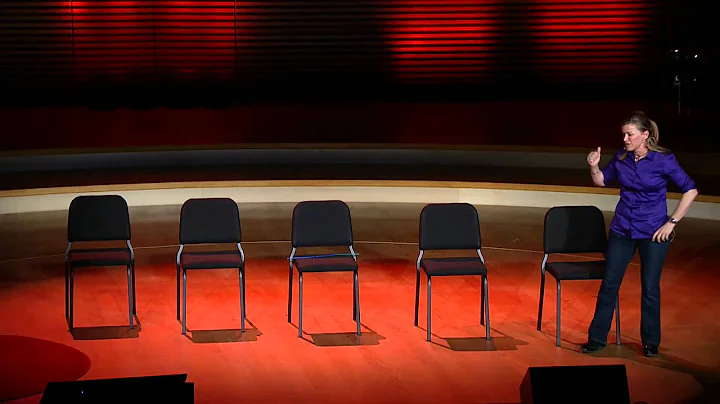
Whether you despair about your ability to get out of debt or despair about almost everything in your life, it's a scary feeling.
feels like being stuck in a hopeless place makes life hard. Fortunately, there are things you can do when you feel there is no hope of making your life better, no matter how bad things may seem.
Think your brain may be lying to you
Your brain may be telling you that things are scary, scary, scary. It might convince you that you can't succeed, or tell you that things have no chance of getting better.
But just because you think so doesn't mean it's true. Your thinking may be distorted, inaccurate, or simply wrong.
Feelings of despair fuel despairing thoughts. It's easy to get caught in a negative cycle that makes it hard to see things get better.
You might even think, "I've tried that and nothing works!" but that might be a cognitive distortion. You've probably tried a few things, maybe even 10, but you probably haven't tried them all.
at least be comfortable with the idea that your way of thinking may not be accurate. There may be more hope than you think.
is the opposite of
and when you feel hopeless, you are likely to wonder why nothing can get better. So take a few minutes to counter the opposite.
What evidence is there that things might be better than you expected? Or how could things get better?
Think a little about the potential positives and you'll find more possibilities. While things may not turn out well, it's also possible that they won't go as bad (or continue) as you expect.
The opposite point of view leads your brain to think that things may not be as pessimistic as you might expect.
Think about what you get out of despair
Think about what you get out of despair, on the surface it sounds like an odd exercise. After all, you might be thinking, "I'm getting nothing. I don't want to feel that way."
But, think again, and you might find that feelings of hopelessness protect you from disappointment. If you don't expect anything good to happen, you don't have to worry about being disappointed when things don't go your way.
hopelessness will also make you feel good about not taking action.
For example, if you are desperate to pay off your debt, you may not bother to increase your income (by finding another job), or you may not manage your expenses (by setting a budget).
So think about what you might gain by being hopeless. You may find it somehow protects you from creating change or doing anything different.
Think about what you can get from developing hope
On the other hand, think about what you can get if you become more hopeful. How will your life change? If you had hope, what would you do?
Then you can start acting as if you were full of hope.
For example, you might realize that if you had hope, you would go out and meet new people. Or, you'll find a new job. Do those things, and they will succeed even if you give up hope.
Sometimes, you have to change your behavior first, and then your feelings follow. So if you show hope, you end up feeling more hopeful.
is involved in problem solving
Despair, as the name suggests, is the belief that things won't get better, or that you can't make it.However, there is always one thing you can do to solve a problem or change your perspective on it.
took a moment to think about potential solutions to this problem. Brainstorm ideas and memorize them, you don't even need good ideas. See if you can come up with as many strategies as you can to solve a problem.
If you can't fix the problem (like in the case of a loved one who is sick), consider how you can change how you feel about the problem. Does being with your family make you feel better? Wouldn't you feel more hopeful if you took a mental health day out of the workplace?
You always have a way to make things better, or make yourself feel better.
Talk to a trusted friend or family member
Find a trusted friend or family member when you are struggling to find possible solutions or you are having a hard time getting out of trouble. Tell them what you are going through.
They might be able to help you see things from a different perspective. Alternatively, they'll offer strategies to help you feel better.
It's hard to tell people what you're going through. However, telling others may be the key to helping you gain more hope.
Make a plan
After forming an idea on your own or with others, make a plan. Decide what steps you want to take first.
Remember, if plan A doesn't work, you can always have a plan B. Think of your plan as an experiment, and your job is to experiment as much as you can until you find what works.
Take action
Once you have a plan, it is important to take action.
After all, you probably won't be hopeful about your situation by sitting still. Instead, you gain more hope when you start putting yourself out there and start seeing what you can do.
Seek professional help
Despair can be a symptom of a mental health problem, such as depression. So if your feelings of hopelessness persist for more than two weeks, or if you're worried about your mental health, talk to a mental health professional.
A mental health professional can assess your needs and discuss your treatment options, such as talk therapy or medication. Most mental health problems are treatable. Therapy can help you feel more hopeful about the future.
Remember that just because things feel hopeless doesn't mean they are. With the help of others or a slightly different perspective, you may find that things get better.











